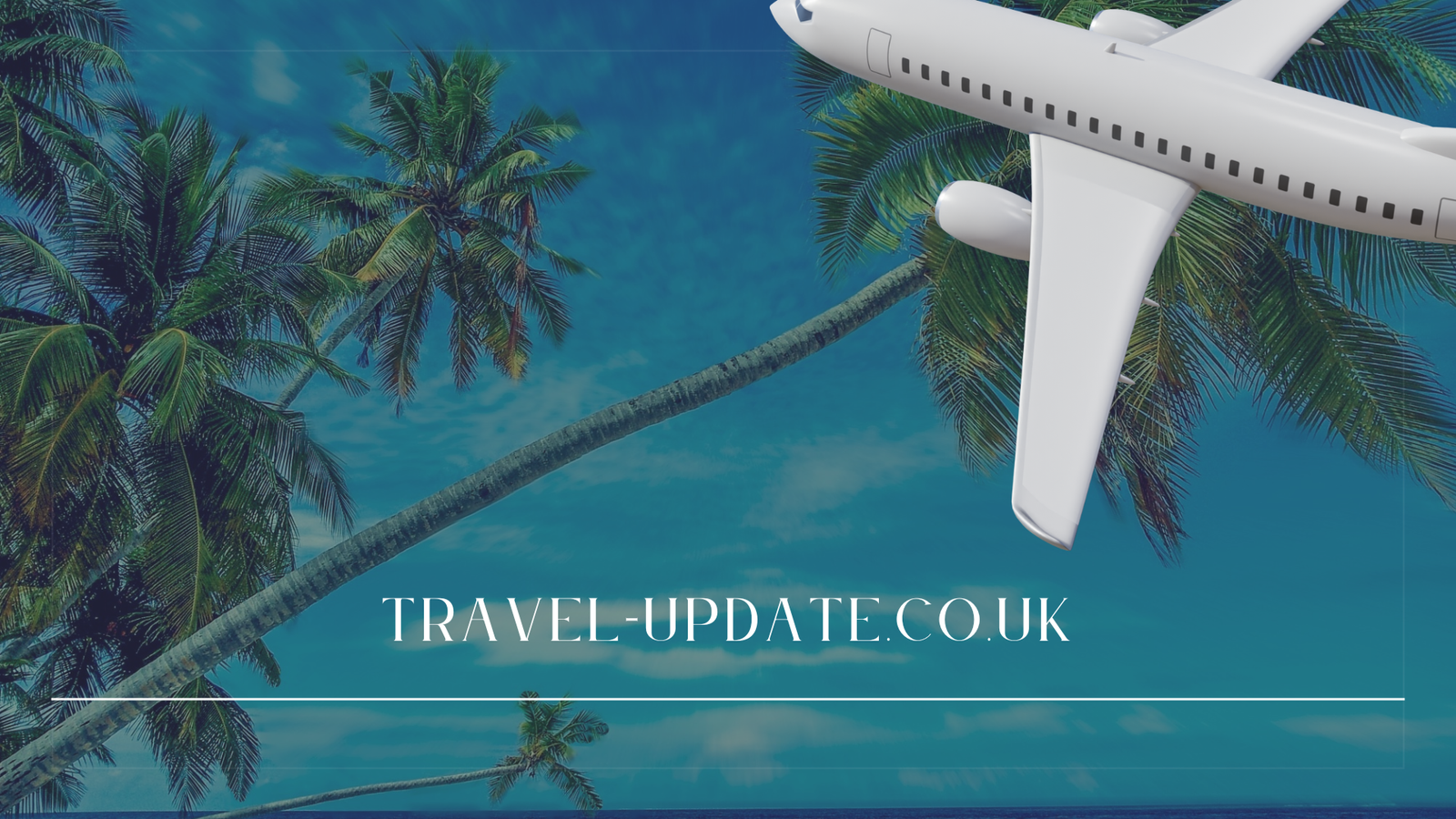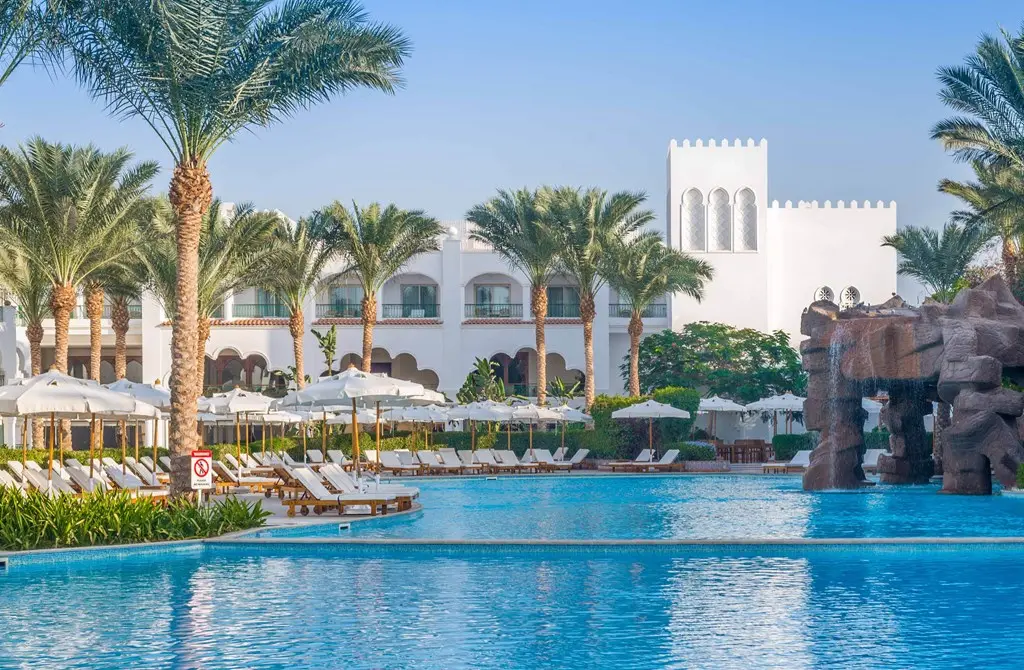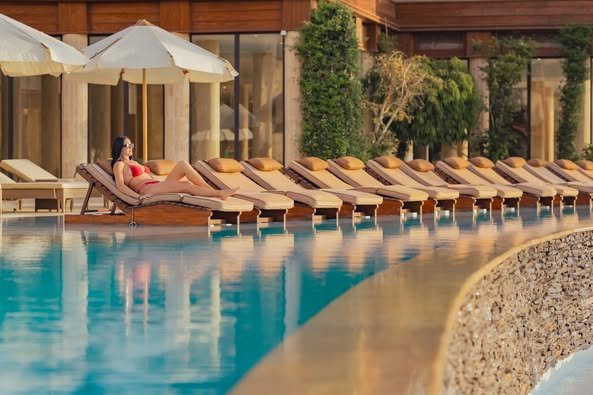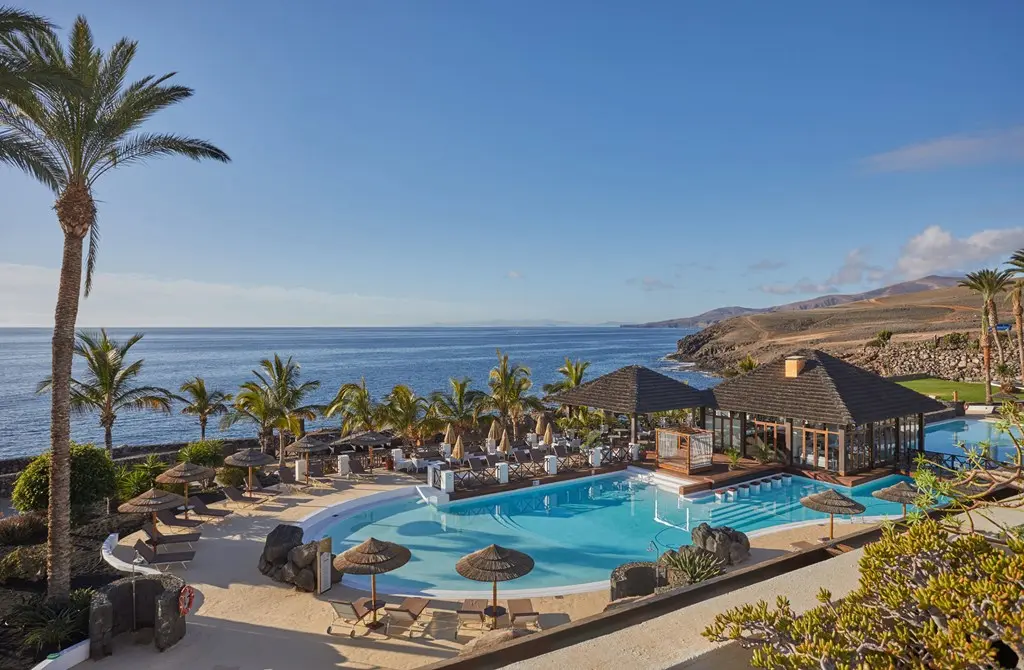Everything You Need to Know Before Your First Trip to Zanzibar
Dreaming of white sands, turquoise waters, and spice‑scented breezes? Zanzibar, the semi‑autonomous archipelago off the coast of Tanzania, is a dream destination for many. If you’re planning your first visit, you’re bound to have questions — and we’ve got the answers. Here are 20 of the most frequently asked questions by first‑time visitors to Zanzibar.
1. Do I need a visa to visit Zanzibar?
Yes, all British passport holders require a visa to enter Zanzibar (part of Tanzania). You can obtain a single-entry tourist or business visa on arrival at major ports of entry, provided you meet all standard immigration requirements.
Alternatively, Tanzania now offers a convenient e-visa system, allowing travellers to apply and be approved online before departure. For a small fee, you can apply through official partners such as Sherpa, or directly via the Tanzania Immigration website.
Important Insurance Requirement:
As of 1 October 2024, all visitors to Zanzibar (excluding residents) must have mandatory Inbound Travel Insurance issued by the Zanzibar Insurance Corporation (ZIC) for the duration of their stay (up to 92 days).
- This insurance must be purchased directly from ZIC
- Other international policies will not be accepted
- Apply via the official Visit Zanzibar website
⚠️ You may be refused entry if you do not have the correct ZIC insurance.
Don’t forget to arrange your travel money and insurance before you go.
2. What’s the best time of year to visit Zanzibar?
The best time to visit is during the dry seasons: June to October and December to February. These months offer the most reliable weather for beach days and excursions.
3. What’s the weather like?
Zanzibar has a tropical climate with high humidity and warm temperatures year‑round (typically 25–32 °C). Expect short rains in November and heavier rains in April and May.
4. Is Zanzibar safe for tourists?
Yes, Zanzibar is generally safe for travellers. However, it’s advisable to take standard precautions — avoid isolated beaches at night, keep valuables secure, and dress modestly in public areas.
5. What currency is used in Zanzibar?
The local currency is the Tanzanian Shilling (TZS). US dollars are widely accepted in hotels, excursions, and some restaurants. Bring a mix of dollars and local currency for convenience.
6. Can I use credit cards?
Some hotels and larger restaurants accept credit cards (mainly Visa and Mastercard), but many smaller places are cash‑only. ATMs are available in Stone Town and some tourist areas.
7. What language is spoken in Zanzibar?
Swahili is the official language, but English is widely spoken in tourist areas.
8. Is Zanzibar suitable for families?
Absolutely. Many resorts cater to families, and there are safe beaches, child‑friendly tours, and cultural activities to enjoy together.
9. Are there all‑inclusive resorts?
Yes, Zanzibar has a good selection of all‑inclusive resorts, especially along the east and north coasts. These offer great value and convenience for first‑time visitors. Get in touch for some personal recommendations.
10. What kind of power plugs do I need?
Zanzibar uses Type G sockets (same as the UK) and runs on a 230 V supply. UK travellers won’t need an adapter.
11. Do I need any vaccinations?
A yellow fever certificate may be required if you’re arriving from a country with risk of yellow fever transmission. Recommended vaccines include hepatitis A, typhoid, and tetanus. Always consult your GP before travelling.
12. Can I drink the tap water?
No, it’s advised to avoid tap water in Zanzibar. Drink bottled water only and use it for brushing your teeth to avoid stomach upsets.
13. What should I wear?
Zanzibar is a Muslim‑majority island, so dress modestly when outside of your resort — especially in towns and villages. Beachwear is fine at hotels and on the beach, but shoulders and knees should be covered when exploring.
14. How do I get around the island?
Taxis and private drivers are the most convenient for visitors. Some resorts offer transfers and tours. Dala‑dalas (local minibuses) are cheap but crowded and not recommended for tourists.
15. Is Stone Town worth visiting?
Yes! Stone Town is a UNESCO World Heritage Site rich in history, architecture, and culture. It’s a must‑see for anyone interested in local life, food, and heritage.
16. What excursions are available?
Popular options include:
- Spice farm tours
- Prison Island (giant tortoises & snorkelling)
- Snorkelling or diving at Mnemba Atoll
- Jozani Forest (red colobus monkeys)
- Sunset dhow cruises
17. Is Zanzibar good for snorkelling and diving?
Yes, Zanzibar offers excellent snorkelling and diving, particularly around Mnemba Atoll and the Menai Bay Conservation Area. The coral reefs are vibrant and full of marine life.
18. Is tipping expected?
Tipping is appreciated though not mandatory. A tip of 5–10 % in restaurants is common. Hotel staff, guides, and drivers also welcome small tips.
19. What should I pack for Zanzibar?
Essentials include:
- Lightweight, breathable clothing
- Modest outfits for town visits
- Swimwear and flip‑flops
- Reef‑safe sunscreen and insect repellent
- Snorkel gear (if you prefer your own)
20. Can I combine Zanzibar with a safari?
Yes! Zanzibar is a popular add‑on to mainland Tanzania safaris in Serengeti, Ngorongoro, or Selous. It’s easy to fly between Zanzibar and the mainland via domestic flights.
Zanzibar is a destination that blends natural beauty with rich culture and warm hospitality. Whether you’re exploring Stone Town’s winding alleys or lazing on a powder‑soft beach, your first visit is sure to leave a lasting impression.








